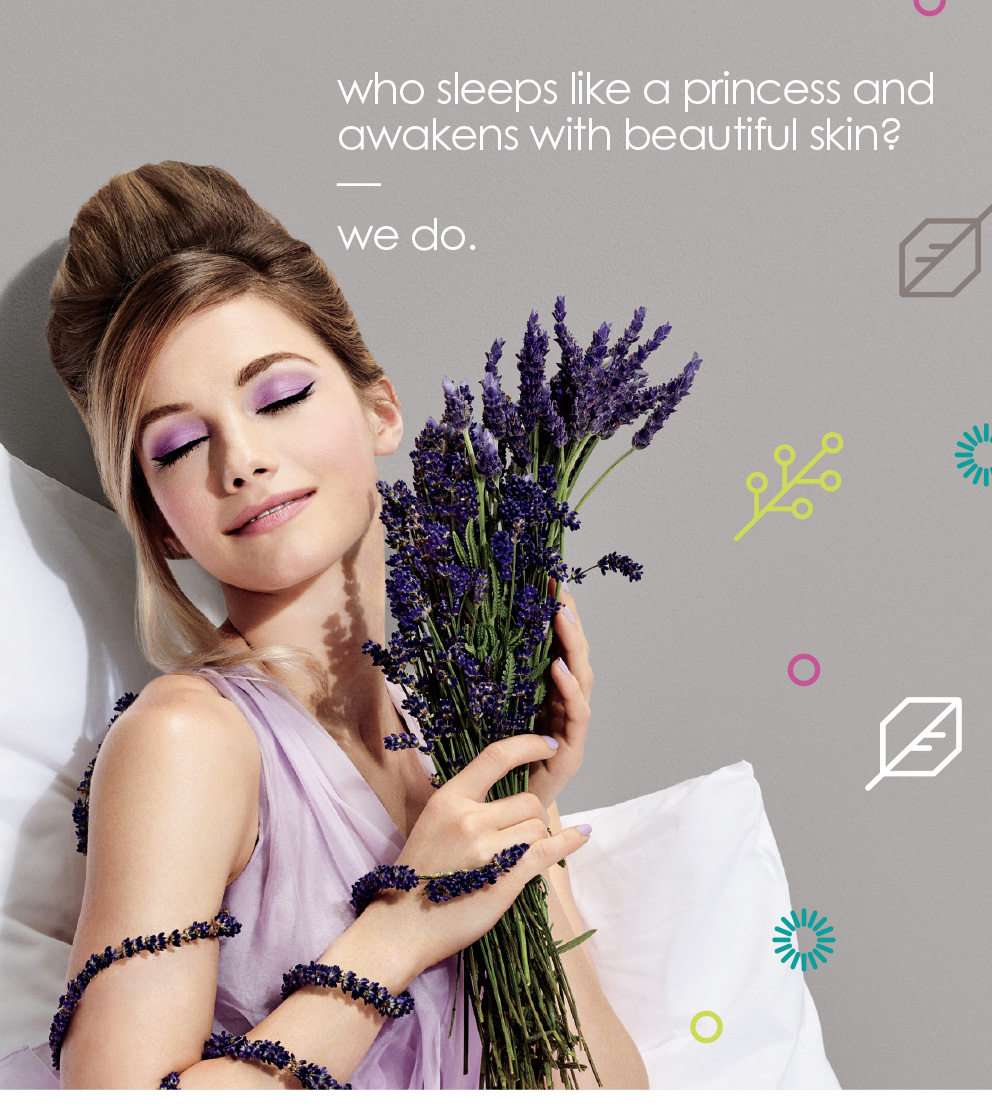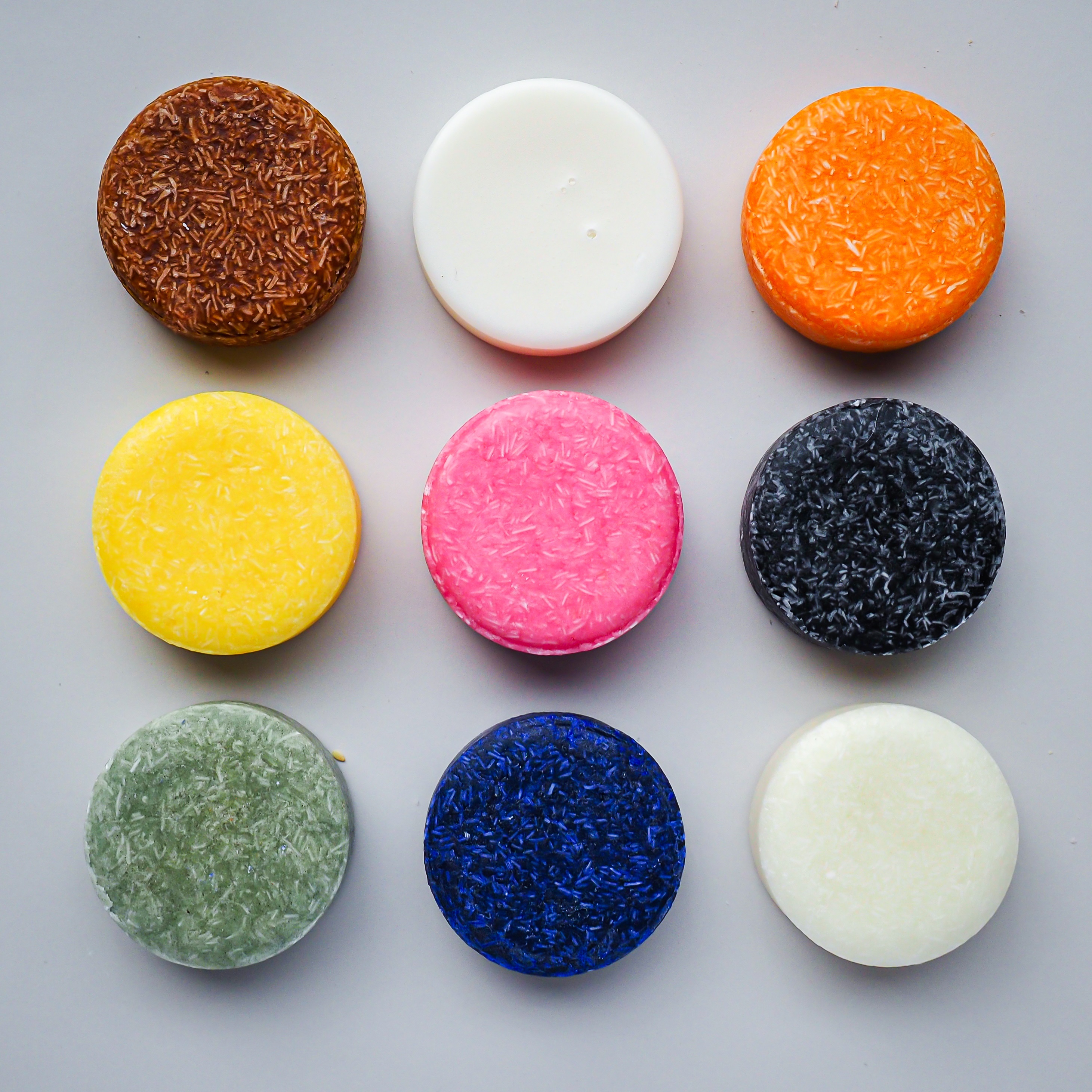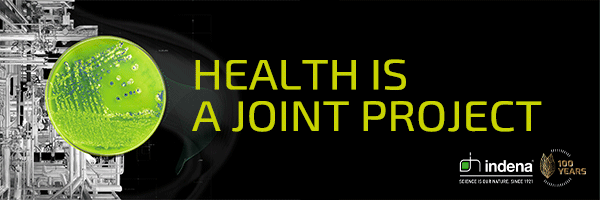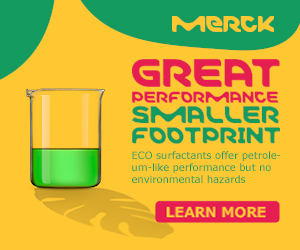
DSM presents sunny outlook with series of product launches
The world may have spent several weeks trapped indoors, but cosmetics manufacturers jostling are still jostling to corner the lucrative market for bronzing and tanning products. None of them is more determined than DSM, and the Dutch giant used this year’s in-cosmetics event to reaffirm its commitment to claiming top spot.
As well as unveiling a new peptide designed to “reveal your summer glow”, DSM revealed a series of new sun protection factor (SPF) minerals and demonstrated its latest research in the field of UV filters, an area in which it has become a clear market leader.
In addition, the cosmetics ingredient specialist unveiled a new commercial innovation for one of its flagship anti-wrinkle products and a volume-boosting hair treatment, showcasing the range of its market offering.
Natural look
DSM’s global marketing lead for skincare bioactives, Lana Vinogradova, kicked off the presentation with the dual product launch: Syn-glow, a glow-boosting solution designed to work with the user’s natural complexion, and a new edition of Syn-ake, designed to remove wrinkles in women of all ages.
Vinogradova told the audience that Synglow is intended to offer a natural look, and a stronger solution than “quick-fixes, like make-up or self-tanners.” She added that the peptide was selected from a library of over 100 alternatives for its efficacy.
Syn-ake, meanwhile, is already familiar to the market, having established a legion of celebrity fans with its synthetic peptide formula, which famously mimics the venom of the Temple Viper. However, as Vinogradova explained, the market is growing; Millennials are beginning anti-ageing treatments at just 26 years old, half the age of their mothers, and ‘preventive botox’ is a fast-rising trend.
To capture this growing audience, the new installment of Syn-ake is designed with dual-purpose functionality: as well as smoothing wrinkles that have already appeared, it is also engineered to stop them forming altogether.
The main part of the webinar was conducted by Michele Marchini, DSM’s global marketing lead for photoprotection, who laid out the advances his company is making in the UV realm.
As Marchini explained, much of the information available on UV filters is misleading and contradictory, leading to scepticism among consumers. To address this problem, DSM has created its own UV taskforce, with a brief to review currently available products and analyse a plethora of environmental issues.
This research has culminated in an upgraded version of DSM’s sunscreen optimiser, which enables side-by-side comparisons of different formulations with a forensic analysis of factors such as cost, sensory implications and eco-impact in the creation of each product.
Marchini also took time to reveal a series of SPF formulations under the ‘Sun Stars’ umbrella, including foundation and concealer products which provide a hybrid of makeup and SPF protection. As the market continues to move away from single products towards multi-functional hybrids
[1], this foray appears well-timed.
Big hair plus care
The presentation was concluded by Melanie Waenckel, global marketing manager for technical and performance ingredients, who unveiled the new version of Tilamar Boost 150, a high-volume hyperbranched polymer designed “for 24-hour big hair plus care” and capitalise on the deficiencies of current volume shampoo products.
As Waenckel explained, the product is now equipped with Coacervate technology to ensure polymers reach the hair fibres during washing and rinsing, and a structural tweak creates space between the hair fibres during drying. A flurry of instrumental and hairdresser tests, Waenckel said, have proven that Tilamar 150 delivers a volume boost of up to 50% after 24 hours on Caucasian hair and 20% on Asian hair.
The cosmetics market may be blighted by uncertainty and introspection at present, but DSM has shown that it has all the bases covered if, and when, the world emerges from isolation.


 Wider debate
Wider debate






